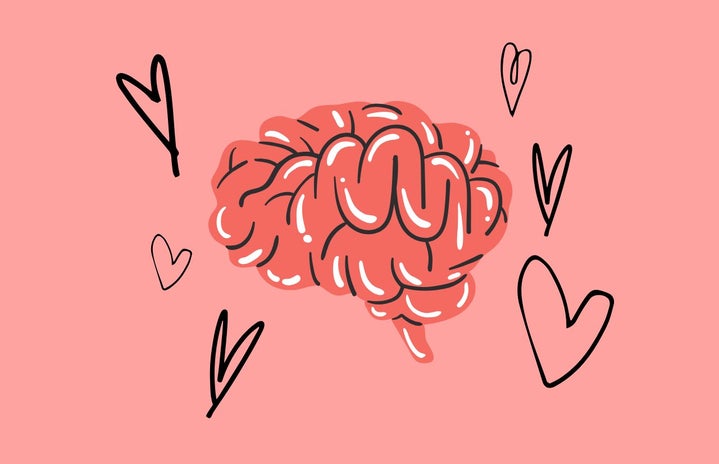In times of crisis, it can be difficult to look out for your mental health.
Between the state of Earth’s climate, political turmoil and the global COVID-19 pandemic, there are a lot of things happening in 2020 that could impact your mental wellbeing, especially if you have pre-existing conditions.
Take this time to check in with yourself and figure out how to best protect your mental health:
Acknowledge that your feelings are valid
With so much stigma around mental health, it can be hard to acknowledge that you’re struggling with processing larger world crises.
The people around you might not understand, but that’s okay.
Your feelings are valid, and you’re capable of improving your mental state.
Acknowledging this makes the path forward easier.
Get away from the news
Seriously, stop looking at the news every 15 minutes.
You may feel some guilt from tuning things out, but you’ll be better off in the long run — there’s such a thing as too much information.
If you try to worry about everything you see online or be an activist for everything, you’ll burn out before you can enact real change.
Instead of worrying about every topic you see in the news, select one or two points you’re super passionate about and focus on those.
That way, your energy and affinity for following the news will manifest in a way that’s productive rather than destructive.
Get off your phone
You may think Instagram, Twitter or any other social media platforms are healthy distractions, but those, too, constantly bombard you with information.
If looking at social media makes you anxious or depressed, or generates other negative feelings, it may be time for a detox.
Set time limits — for me, I could scroll through Twitter for hours without realizing it, so my phone alerts me when I’ve spent half an hour doing that.
Getting off your phone to do other things will remind you that the world is bigger than what you see online.
Routine, routine, routine
Times of crisis can make you feel like your entire life is upended, especially when it impacts your daily routine.
When that happens, it’s up to you to create normalcy.
Ensure that your day has some constancy, whether that be making your bed each day or a specific time you eat dinner.
Plus, a routine will keep you from wallowing in any negative feelings you may have.
If you live with family, roommates, or a partner, you can incorporate them into your routine, as well, and try to make it fun for everyone.
Exercise
Get moving — and if you can, get outside!
Even if exercising seems intimidating at first, the primary goal is to move your body a bit.
This can come in any shape or form.
Personally, my exercise go-tos are jogging, long bike rides and digging out my Wii to play Just Dance.
Exercising regularly has numerous benefits, including improved memory, stress relief, better sleep and an improved mood.
Increased resilience and higher self-esteem have also been noted as benefits — basically, no matter how you exercise, it will definitely help you in some way.
Find a hobby
It’s always good to have something to do that you’re passionate about outside of school or work — hobbies can provide you with a healthy distraction.
I try to look for activities that will get me away from my screen.
Some of my favorites include baking, cross-stitching, and reading, but there are tons of options.
My only personal rule for hobbies is that they cannot connect to the things stressing me out.
You can try to include other people in whatever activity you choose to pursue, but you can also use a hobby as personal self-care time.
Reach out
Your friends and family are there for you. Talk to them.
Once you start the conversation, you may find that you and your friends share similar anxieties about larger situations.
Together, you can think of strategies to cope.
Plus, if you’re looking for a distraction, they can talk to you about different topics than those you’re concerned about, play a game, or go do something with you.
Sometimes, though, you need more help than your friends and family can provide, and there’s no shame in that.
Seeking professional help when you’re suffering from mental health issues will benefit you in the long run.


